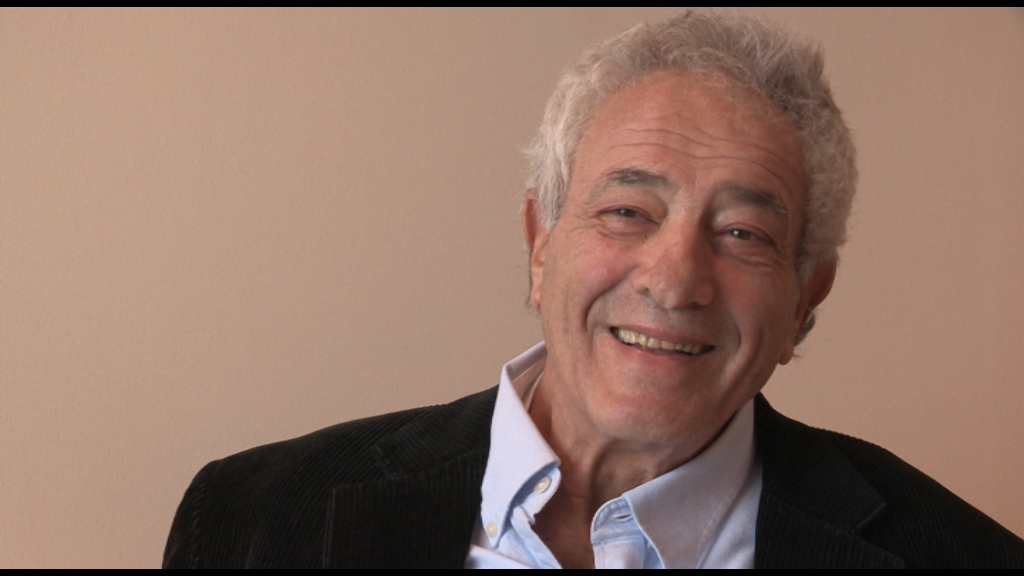NEXT STORY

Turning around Penguin's fortunes
RELATED STORIES

NEXT STORY

Turning around Penguin's fortunes
RELATED STORIES


|
Views | Duration | |
|---|---|---|---|
| 71. Our vertical offices | 15 | 02:24 | |
| 72. First brush with the unions | 15 | 02:43 | |
| 73. Doing battle with the jobsworths | 16 | 04:15 | |
| 74. Go-slow Britain | 14 | 03:30 | |
| 75. Ringing the changes at the Penguin office | 15 | 02:42 | |
| 76. Trying to recapture the joy of reading | 21 | 04:03 | |
| 77. Publishing The Far Pavilions | 18 | 04:00 | |
| 78. Shaking up the status quo at Penguin Books | 15 | 02:42 | |
| 79. Turning around Penguin's fortunes | 19 | 02:45 | |
| 80. You can’t have a kissing couple on the cover of a Penguin... | 20 | 02:17 |


I showed up in the interim between that time that they had published the hardcover and the paperback publication of The Far Pavilions. And I took it, I guess onto… upon myself to look at what the upcoming lists of Penguin were, and I saw that book there, which I read, and I said, this can be a very big success for Penguin. So I mass marketed this book, which… 'mass marketed' was a phrase also not known at Penguin. Penguin books were paperbacks, but mass marketing a book meant heavily promoting it, heavily publicising it, having an appropriate commercial cover on it to catch readers, and so on. And I decided this book by Molly Kaye should become that.
And I decided - working, I'm sure, with people in the publicity and promotion department - that what I wanted to do for the book would cost not less than £50,000. We didn't have budgets at Penguin for marketing and publicising in that kind of way. What money that we did have for those things were more or less democratically, evenly distributed across an entire list.
Well, I thought that was wrong, too, because that kind of equality of marketing moneys meant the impoverishment of every book. You divide the moneys over a great many books, and each book gets practically no money. And it was a way to make most books fail.
So I took a page from our American songbook, so to speak, from an American, my American experience and I said, we're going to heavily publicise 12 books a year, or 20 books a year, or whatever number we decide to, and, well, the large sums will be spent for those books, and the other books will get very little attention.
Well, of course, the editors were not happy about that. The authors were not happy about that. The agents were not happy about that. They were happy having small sums of money spent on each and every book, regardless of the fact that that was a way to have the books not sell.
Peter Mayer (1936-2018) was an American independent publisher who was president of The Overlook Press/Peter Mayer Publishers, Inc, a New York-based publishing company he founded with his father in 1971. At the time of Overlook's founding, Mayer was head of Avon Books, a large New York-based paperback publisher. There, he successfully launched the trade paperback as a viable alternative to mass market and hardcover formats. From 1978 to 1996 he was CEO of Penguin Books, where he introduced a flexible style in editorial, marketing, and production. More recently, Mayer had financially revived both Ardis, a publisher of Russian literature in English, and Duckworth, an independent publishing house in the UK.
Title: Shaking up the status quo at Penguin Books
Listeners: Christopher Sykes
Christopher Sykes is an independent documentary producer who has made a number of films about science and scientists for BBC TV, Channel Four, and PBS.
Tags: Penguin Books
Duration: 2 minutes, 42 seconds
Date story recorded: September 2014-January 2015
Date story went live: 12 November 2015